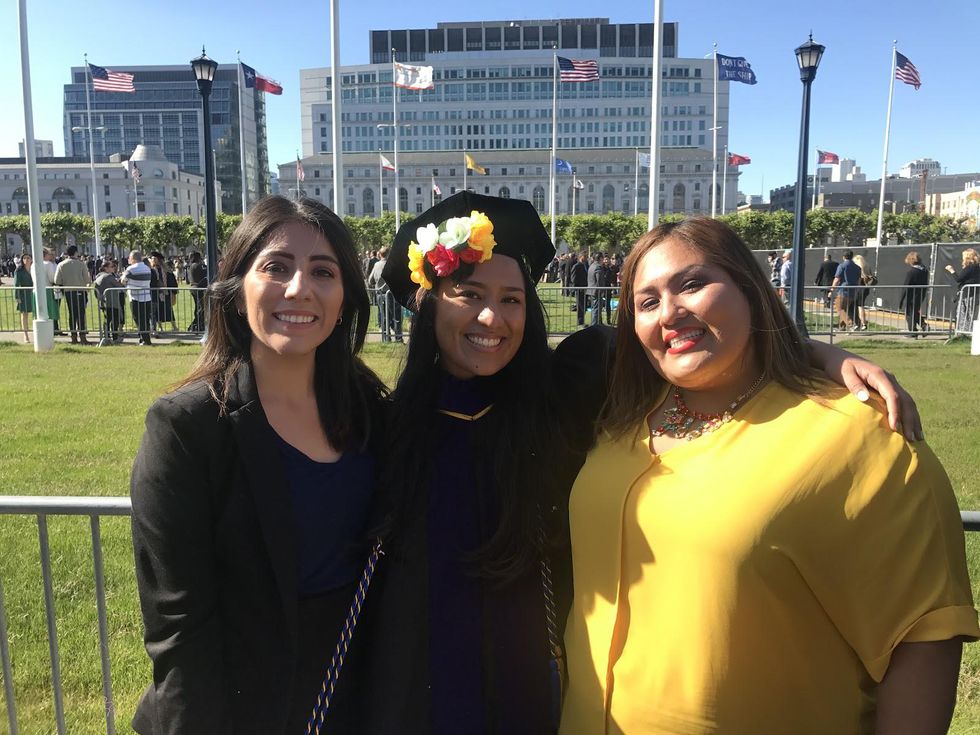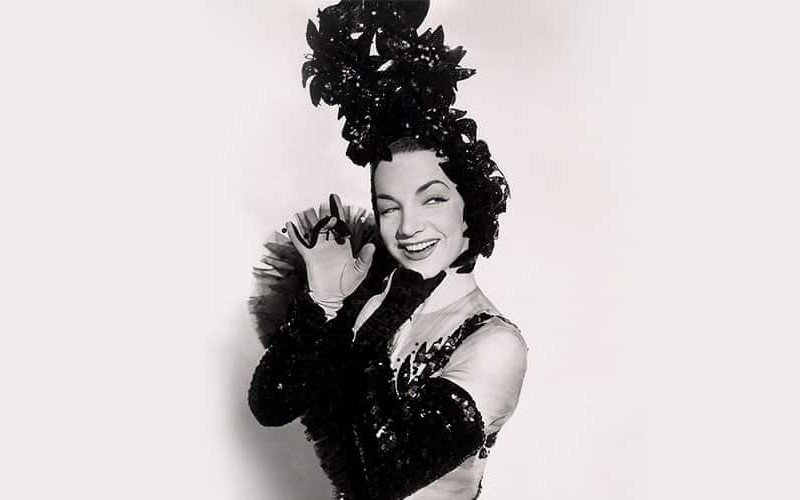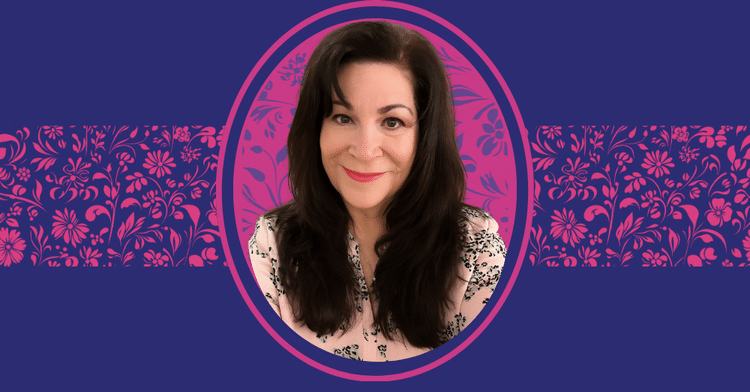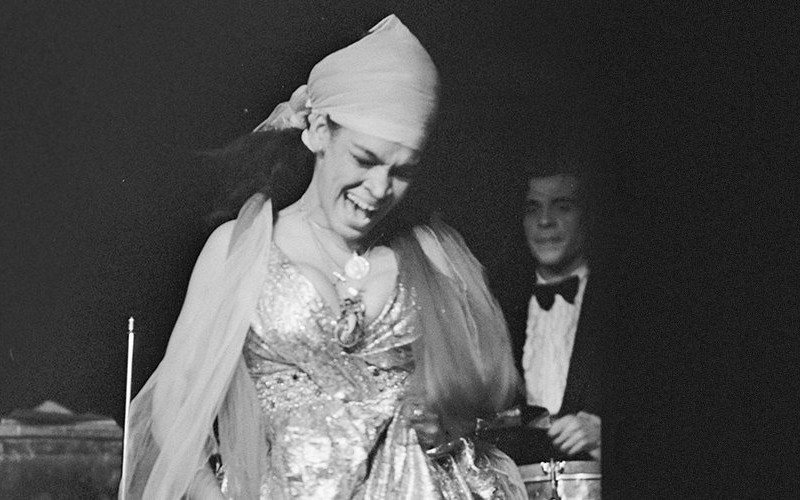Why We Need More Latina Lawyers Breaking Barriers

When I told my abuelita that I wanted to go to law school, she replied, “Why?!”
While I was caught up in the excitement of my next step, my abuelita was worried about how I was going to afford it and why I would leave my job as a counselor. Growing up, my mother was too busy working two or three jobs at a time to have any academic or career expectations for me. To everyone’s surprise, I excelled in school and became the first college graduate in my family. After college, I was a domestic violence counselor at a non-profit and then I transitioned to a youth counselor for runaway teenagers. I leaned into public interest because I thought it made sense given my background and personal experiences.
I am a second-generation Mexican-American and first-generation lawyer. The road to becoming a lawyer was challenging and maintaining a career in law has been even more challenging.
Latinxs comprise about 4% of U.S. lawyers and Latina lawyers account for less than 2% of American lawyers, according to the Hispanic National Bar Association (HNBA) statistics in 2009. Lack of attorney role models, institutionalized discouragement, and isolation/invisibility were some of the barriers identified in the HNBA study, “Few and Far Between: The Reality of Latina Lawyers” for the minorities in the legal profession.

(Photo courtesy of Antionette Rodriguez)
I had thought about law school in college and I even took a practice LSAT. When I heard some of my white peers discuss their plans after college, I realized that unlike my white peers, I did not have lawyers in my family, I was not “friends with a judge,” and I did not know anything about the legal field. The more I thought about the cost, the application, and the overall process, the more it seemed unattainable and I eventually dismissed the idea.
Having visible attorney role models is crucial and probably the only reason why I am a lawyer today. One day, when I was a youth counselor, I attended a human trafficking conference and heard Kamala Harris, who was California’s Attorney General at the time, speak about new anti-trafficking initiatives. I did not know who she was, but I was so inspired. She looked so powerful and strong. I went home and Googled her. I learned that she was a lawyer and she had attended UC Hastings College of the Law. I said, “I want to be like her.” A year later, I was attending UC Hastings.
Even after I got into law school, I still had to convince employers and peers that my career choice was valid, that I wanted to be a lawyer and, more specifically, that I wanted to practice at a law firm.
Being Latina, most people assumed I wanted to do family or immigration law. Truthfully, I had no idea what law firms did when I started law school. But as I learned more about private practice, I was attracted to the financial and career benefits. I also saw the incredible need for more Latinx lawyers in private practice and I wanted to take up that space.
An obstacle I had to overcome was my resume. In one interview, I sat across a white female partner who looked at me, glanced at my resume, and then back at me and said, “I don’t think you can do this job.” I smiled politely and attempted to explain how I gained valuable, transferable skills as a counselor. She interrupted me only to add that I seemed “too nice” and the interview was over.
It was not the first time someone made assumptions about my capabilities and I knew it would not be the last. Undeterred, I became more intentional. I met with attorneys and learned what law firms were looking for, I focused on legal writing and research, I completed an externship with a judge, I volunteered at legal clinics and built up my resume.
Unfortunately, the challenges do not stop once Latinas pass the bar. Latinas are the demographic most affected by the wage gap and it is especially true at law firms.
In 2006, the median compensation for white men at law firms was $314,416; for men of color, $210,569; for white women, $254,746; and for women lawyers of color, $157,290, according to the report by the American Bar Association Commission on Women in the Profession.
The HNBA study regarding Latina lawyers further found that only half of the Latinas surveyed felt they were given ample opportunities to network and socialize with senior attorneys and supervisors and only 43% felt that they were given opportunities to work directly with or develop relationships with clients.
During my first year at the law firm, I found it incredibly challenging to relate with my peers and build meaningful relationships. I did not realize that my lack of connections would directly impact my work and the opportunities I would receive. During my annual review, the partners informed me that I was not “on track” and the firm decided to hold me back a year. They mentioned that I had strong research and writing skills and a positive attitude, but I needed to “integrate” more into the office. Moving forward, they explained that my work would remain the same, but I would not receive a salary increase.
I was devastated. I thought if I showed up for work and did my best I would be compensated just like my peers. When I shared my experience with my peers, I learned that I was not the only Latinx attorney that was held back. It was another reminder of how even though I graduated law school, passed the bar, and landed the coveted law firm job, I still came up short. When I looked at my check each month, I was not equal to my peers.
“Every single aspect of society is impacted in meaningful ways by attorneys, including lawmakers, politicians, judges, prosecutors, public defenders, and in-house corporate attorneys who make policies that companies follow,” Erica V. Mason, former president of the HNBA, told NBC Latino.
For instance, on October 13, the Supreme Court of the United States granted an emergency stay siding with the Trump administration and allowing it to immediately halt collection of the census data instead of at the end of October.
Supreme Court Justice Sonia Sotomayor was the only Justice to dissent and rightfully emphasize how the decision would disproportionately affect marginalized populations and in hard-to-count areas such as rural and tribal lands. A pipeline to the legal field means we can have women with our lived experiences make decisions on issues that are important to us and our communities. If Latinas do not enter these spaces, we risk not being represented.
The first step in increasing the number of Latina lawyers is to give yourself a chance and submit the application. Apply! Apply! Apply!
When I learn about an opportunity that I am excited about, I apply for it. Even if I do not meet all the requirements, I apply. Even if I have applied before and was rejected, I apply. Even if I missed the deadline, I still apply. In law school, I learned about a very popular and competitive diversity scholarship that paid students a salary during the summer. The deadline was around Christmas and I realized that week that I missed the deadline. I knew it was a great opportunity and I wanted to be considered for it, so I quickly assembled my application and submitted it a few days later. The next thing I know, I won the scholarship and was the only first-year law student at the District Attorney’s office that received a salary.
Once you are in, do not count yourself out. It does not get easier, but there is strength in numbers. The law needs Latinas and we need each other, so find and lean on your network.
Throughout my academic career, I was always involved in programs specifically designed to guide and support “diverse students.” I applied to UC Hastings because of Kamala Harris, but I was especially drawn to the school’s Legal Education Opportunity Program (LEOP). Many, but not all, law schools offer similar programs. The friends I made in these programs and the career counselors that guided me through the process were instrumental in my success. Now, I am proud to call myself a mentor and show Latinas that we can and should occupy every room where decisions are being made.



